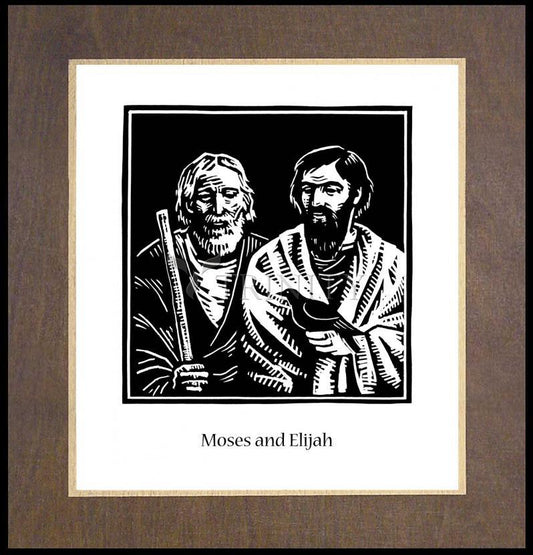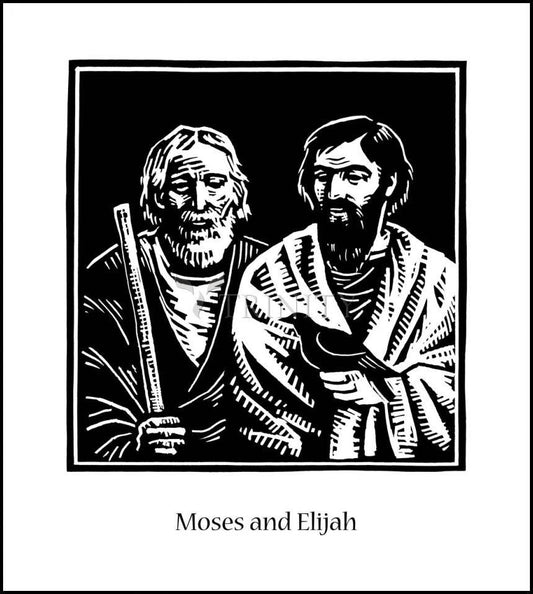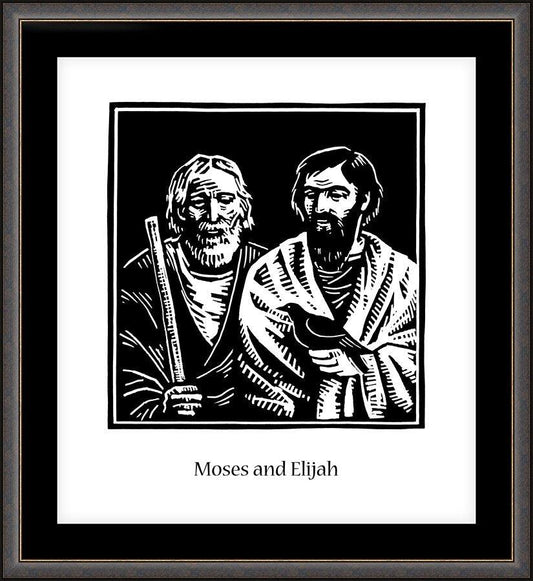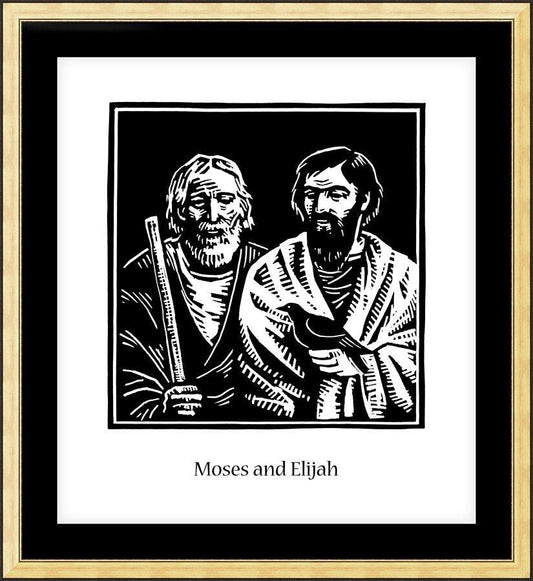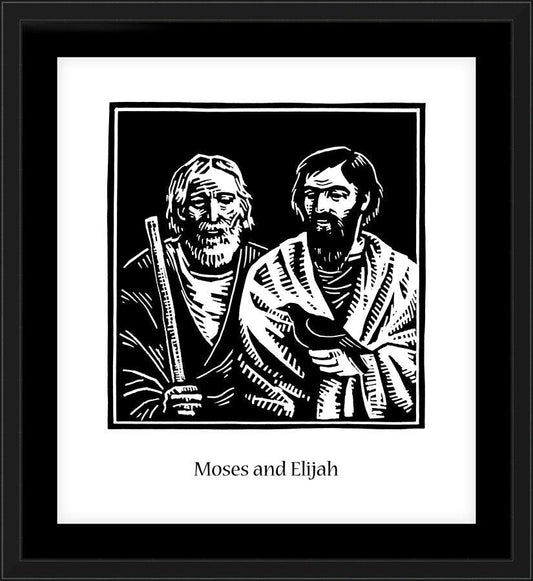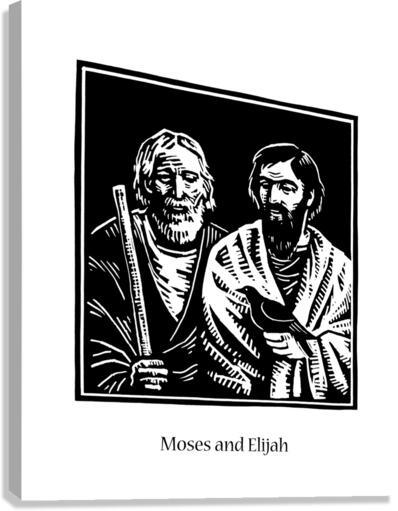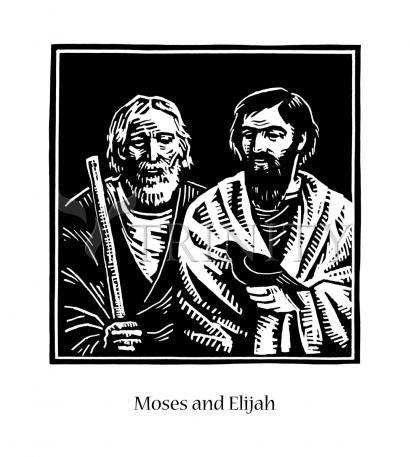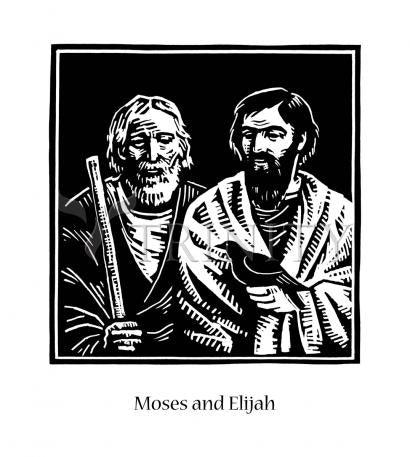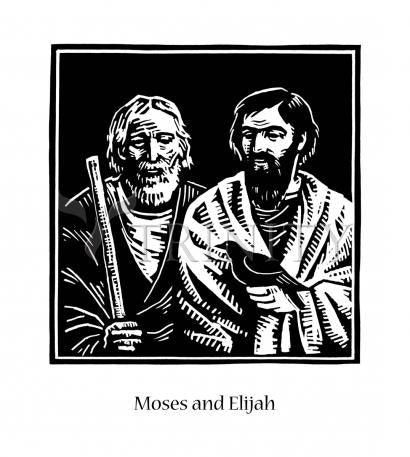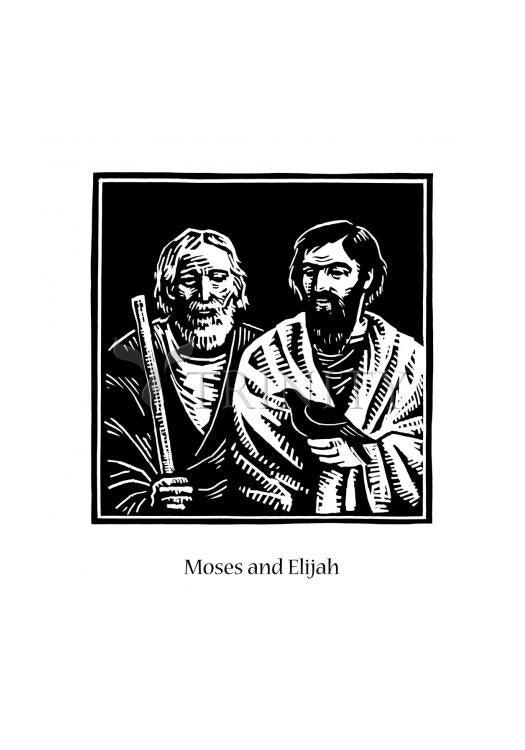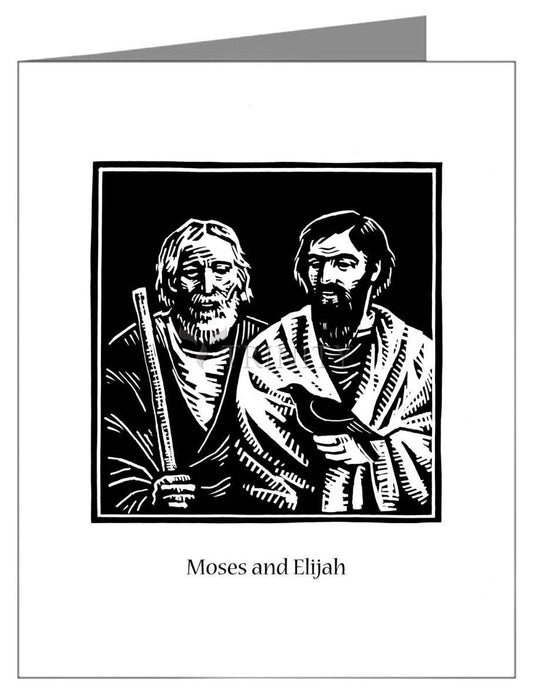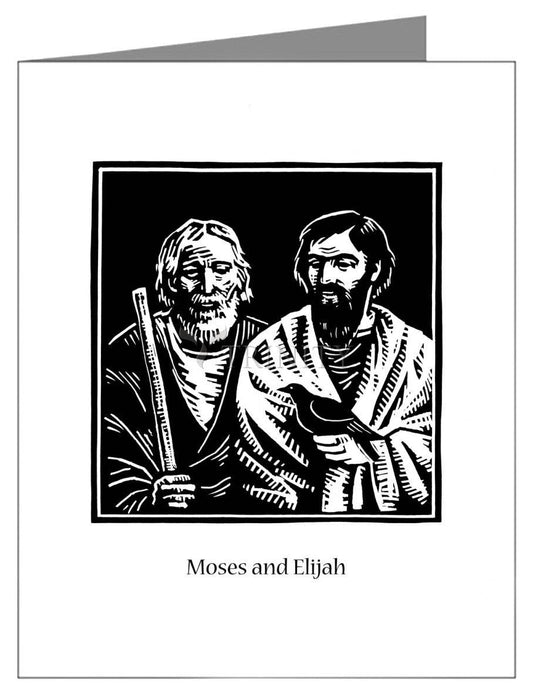Jesus Talks with Moses and Elijah
17 Six days later, Jesus took Peter, James, and John, the brother of James, up on a high mountain by themselves. 2 While they watched, Jesus' appearance was changed; his face became bright like the sun, and his clothes became white as light. 3 Then Moses and Elijah[a] appeared to them, talking with Jesus.
4 Peter said to Jesus, "Lord, it is good that we are here. If you want, I will put up three tents here"one for you, one for Moses, and one for Elijah."
5 While Peter was talking, a bright cloud covered them. A voice came from the cloud and said, "This is my Son, whom I love, and I am very pleased with him. Listen to him!"
6 When his followers heard the voice, they were so frightened they fell to the ground. 7 But Jesus went to them and touched them and said, "Stand up. Don't be afraid." 8 When they looked up, they saw Jesus was now alone.
9 As they were coming down the mountain, Jesus commanded them not to tell anyone about what they had seen until the Son of Man had risen from the dead.
10 Then his followers asked him, "Why do the teachers of the law say that Elijah must come first?"
11 Jesus answered, "They are right to say that Elijah is coming and that he will make everything the way it should be. 12 But I tell you that Elijah has already come, and they did not recognize him. They did to him whatever they wanted to do. It will be the same with the Son of Man; those same people will make the Son of Man suffer." 13 Then the followers understood that Jesus was talking about John the Baptist.
Matthew 17
Why Did Moses and Elijah Appear on the Mountain?
Moses' presence signified that in Jesus the shadows of the law were all fulfilled and now withdrawn. In Jerusalem men were still fighting, not merely for the law of Moses, but for the traditions of the elders, and priests and leaders were still arguing about the tithe of mint and cumin. Here upon the mount was the great law-giver himself, by his presence acknowledging that this glorified One, Who should presently be crucified in the name of the law, did in Himself gather up all that was hinted at, suggested, included in the economy of the past.
The law, with its commands, its forbiddings, was fulfilled in the Person of Jesus; and the law-giver Moses, by the will of God had left the heavenly places to greet upon the mount of transfiguration the One, Who in His own Person, had magnified the law, and made it honorable.
So also with Elijah. He had spoken the word of God. From place to place he had journeyed, speaking to kings in their corruption, to courts in their degradation, and to individuals in their need, that one unceasing word, "Thus saith Jehovah." He had certainly been one of the most remarkable men in the history of the nation from the prophetic standpoint. God had spoken in times past by divers portions in the prophets, but by no man had He said more to the nation than by Elijah.
And now he stood upon the mount in converse with One Who had said to His disciples, "I am the truth," and concerning Whom Peter, on a subsequent occasion, speaking under the inspiration of the Spirit, said, " To Him bear all the prophets witness." Every word that had passed the lips of Elijah in the olden days had been but the spelling out in simple syllable and speech, of that which was embodied in the Person of Christ; and he stood now upon the mount to acknowledge that in this transfigured One, all the speech of heaven begins and ends, that in Him every prophecy of the past is fulfilled, and that the prophet of the days to come, will gather from this Man and His teaching, his inspiration and his power.
" from The Crises of the Christ, Book IV, Chapter XVII, by G. Campbell Morgan



